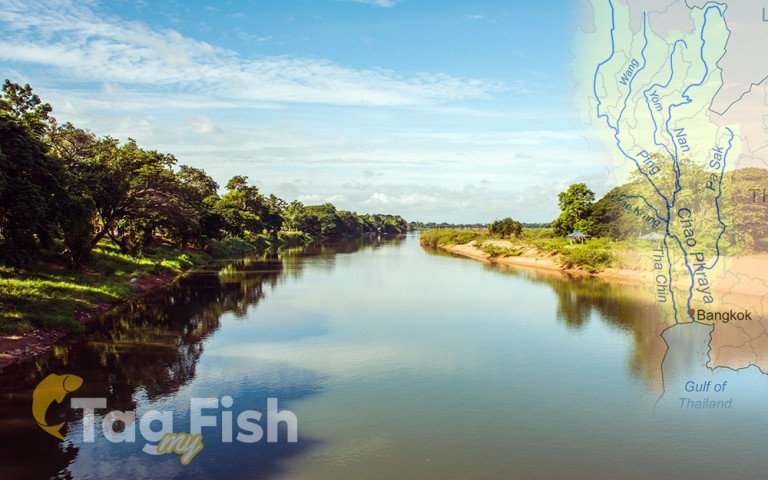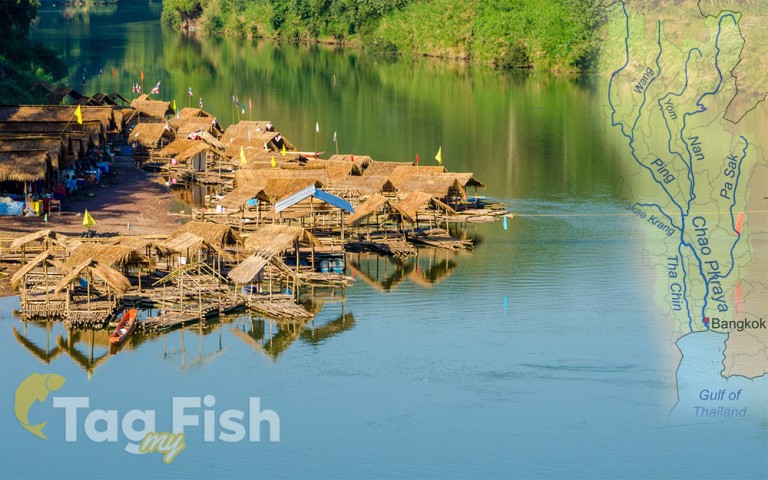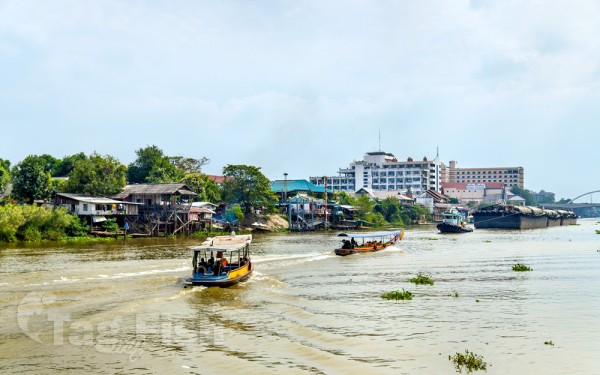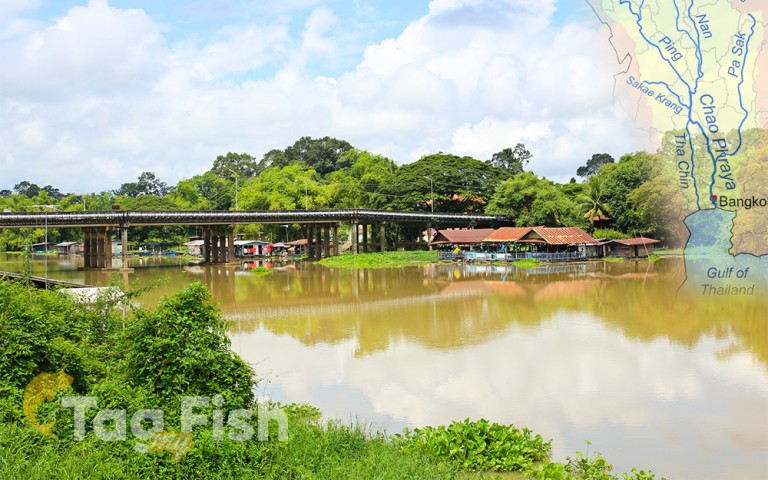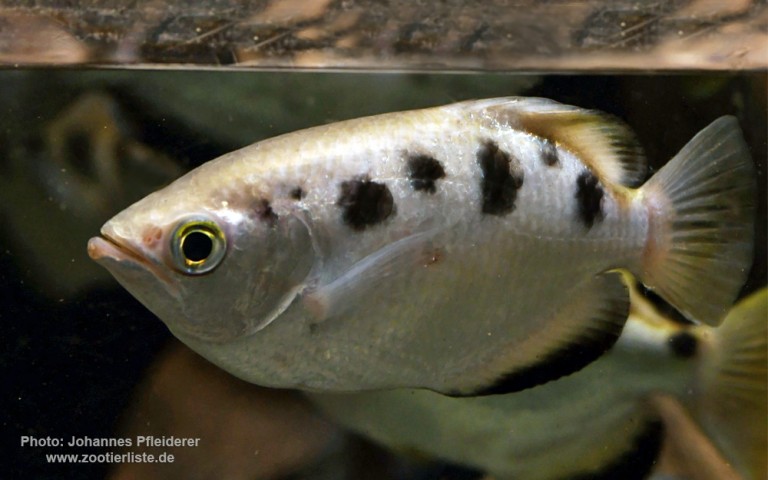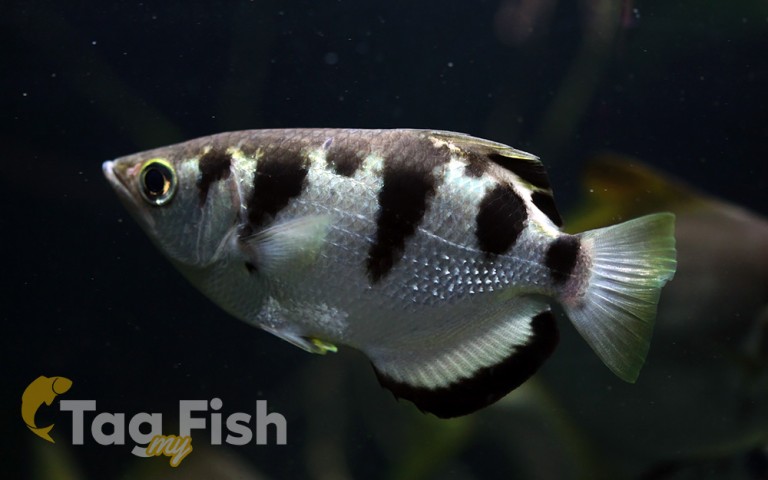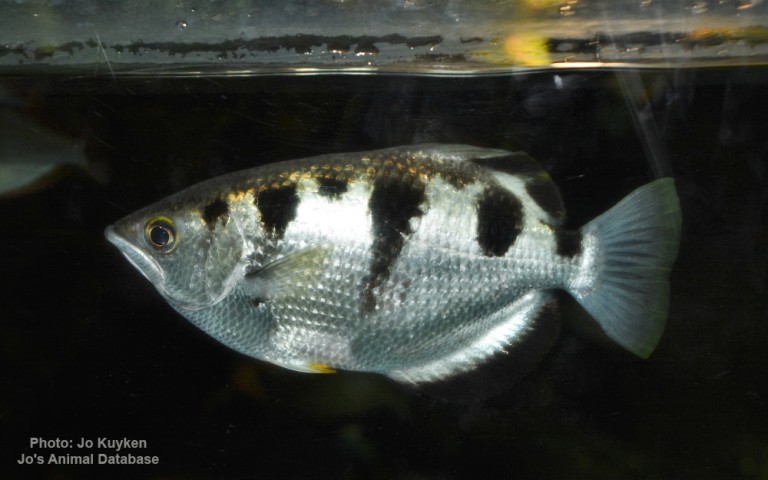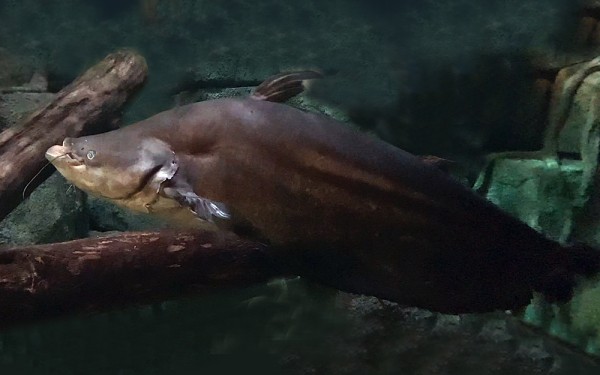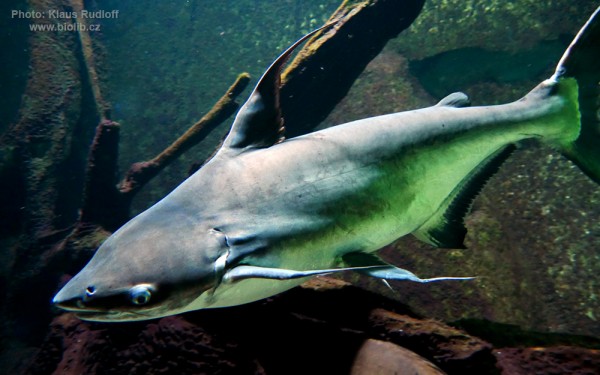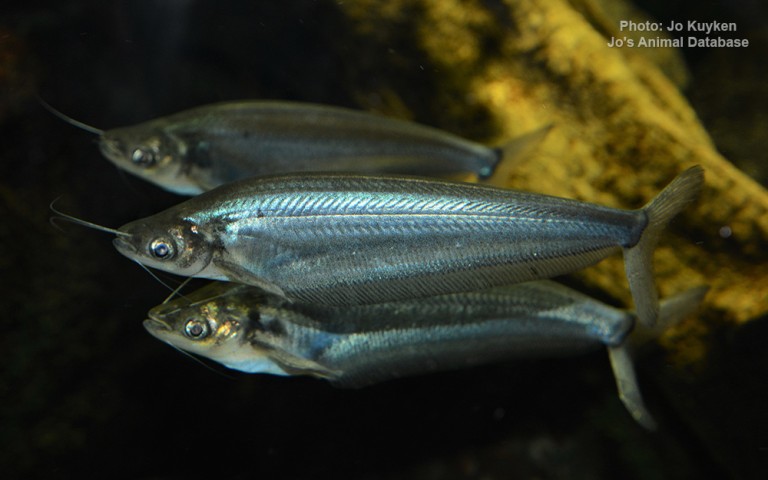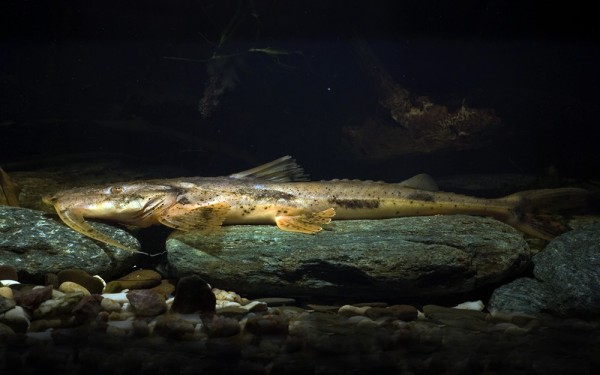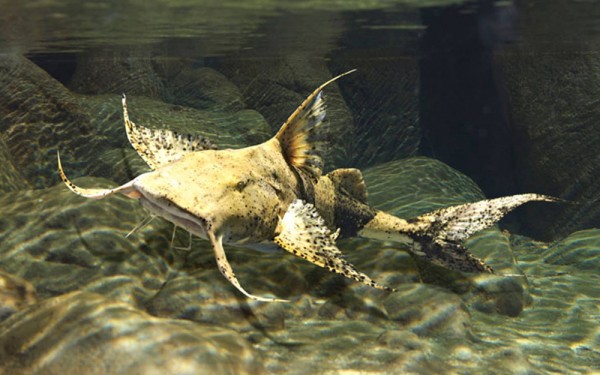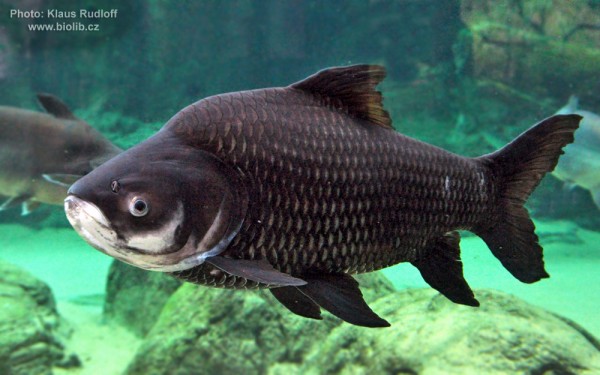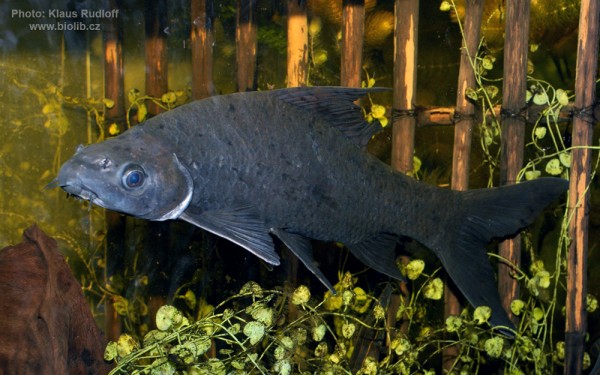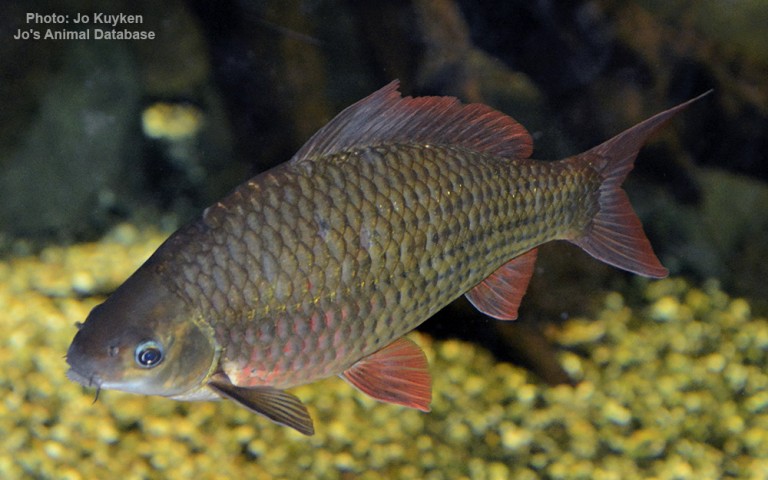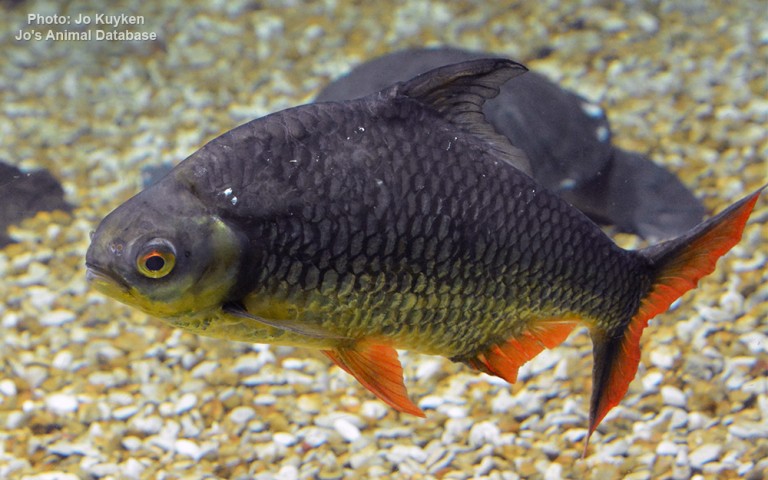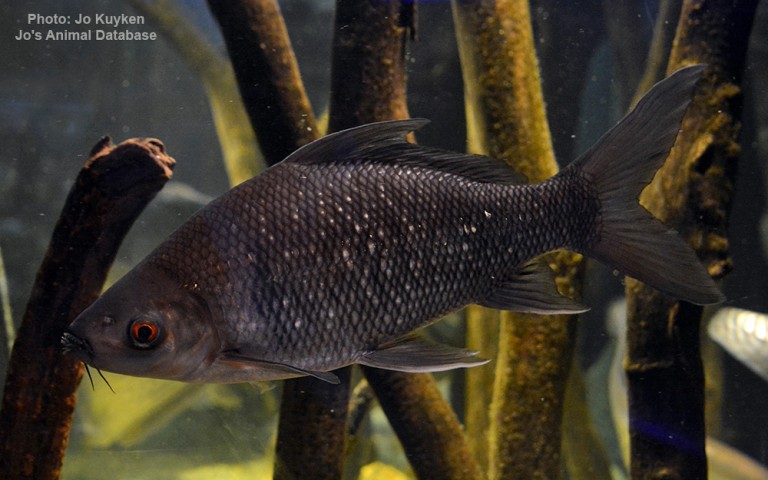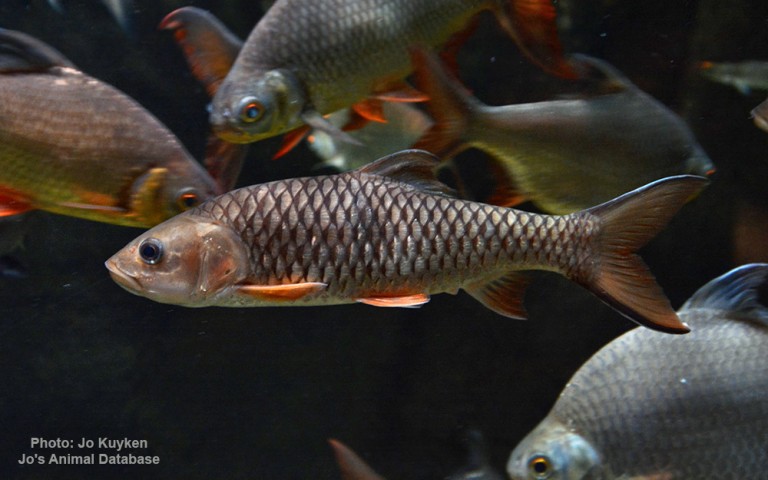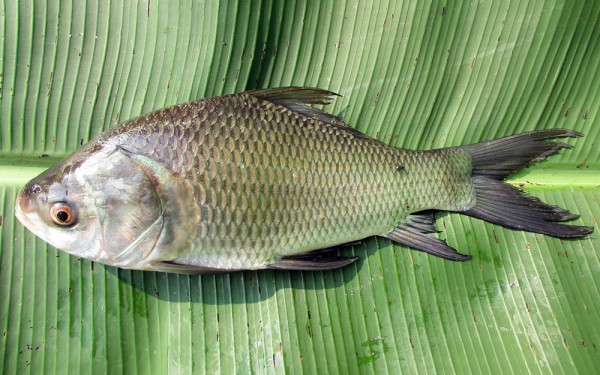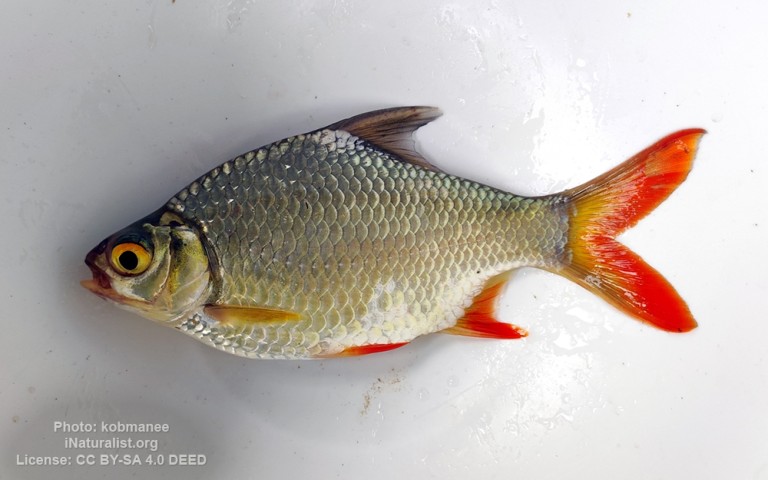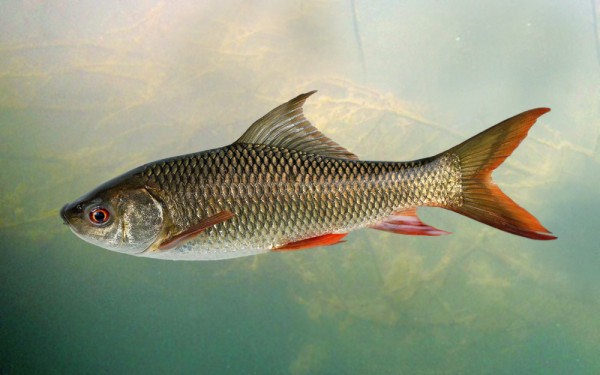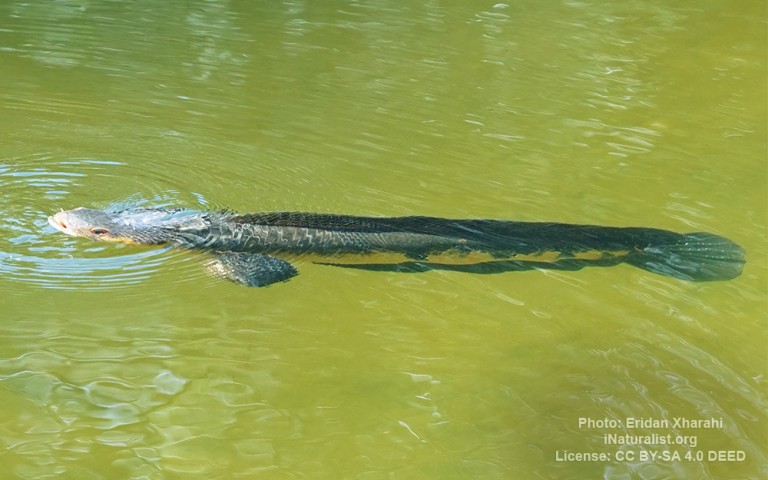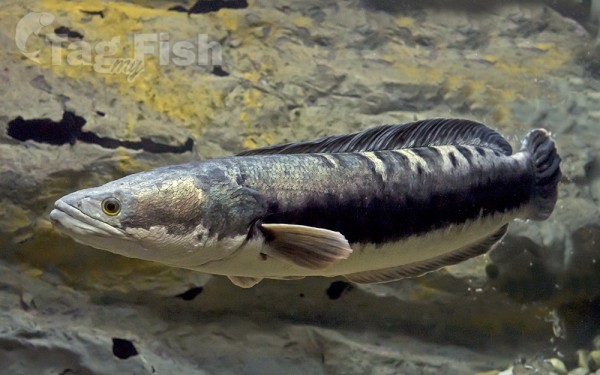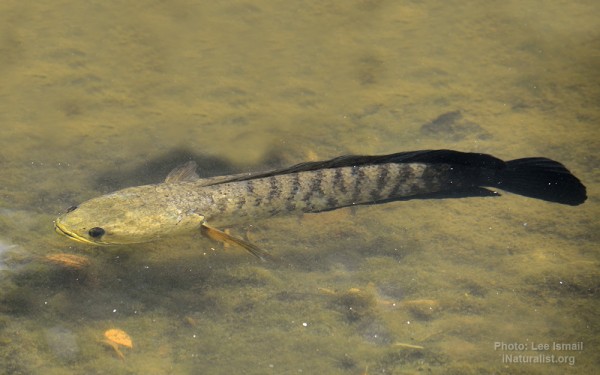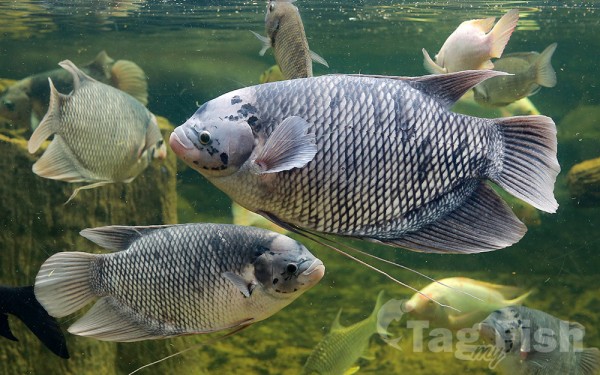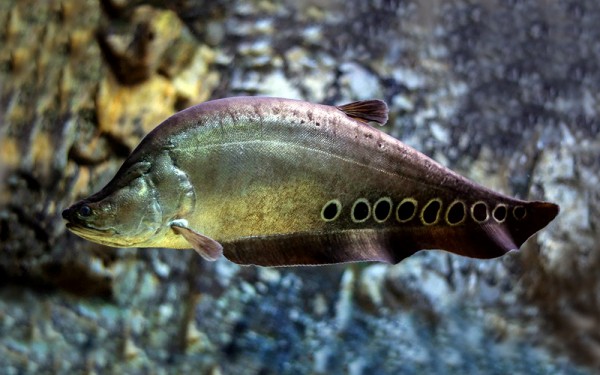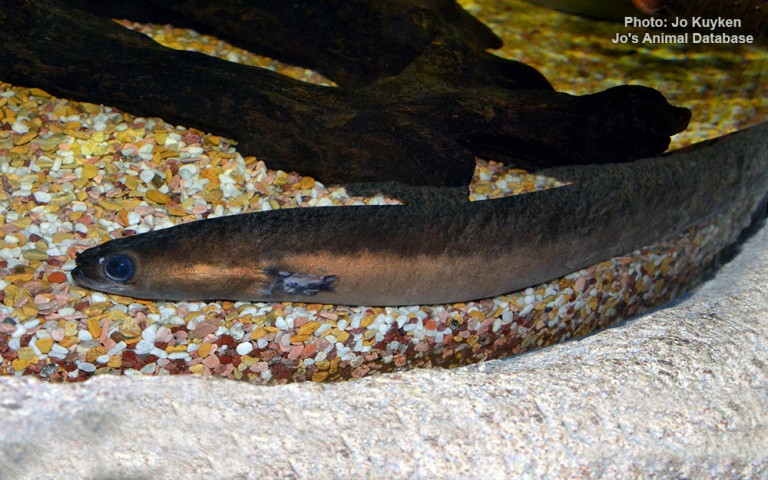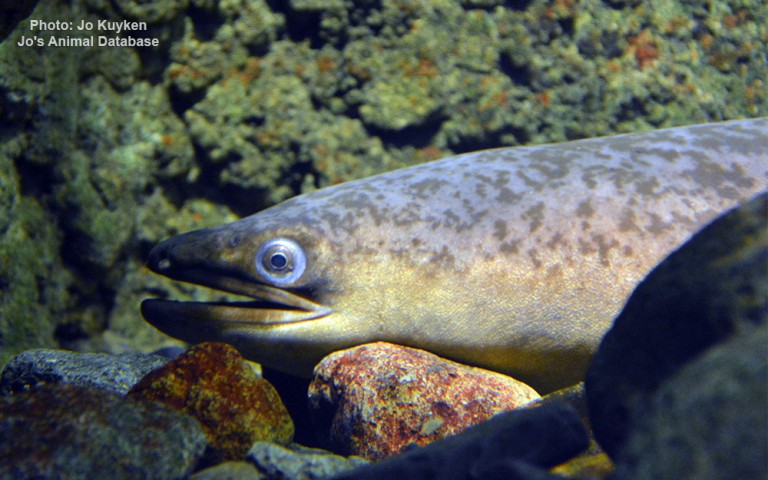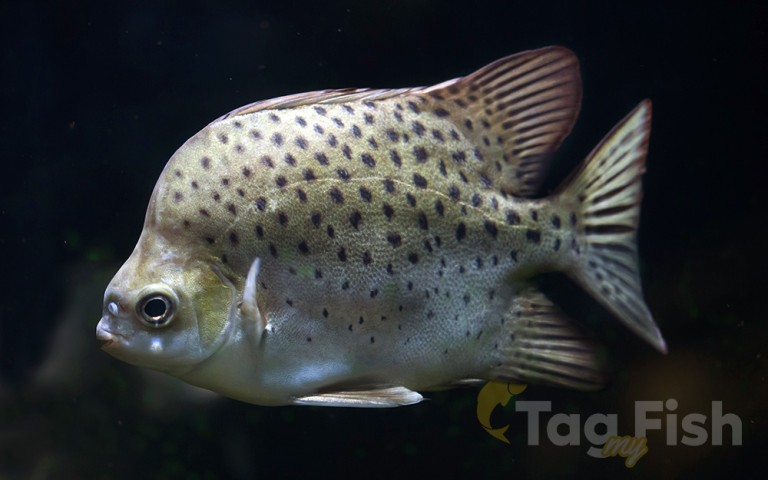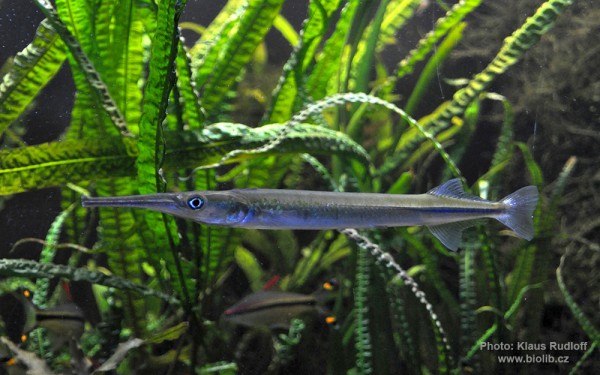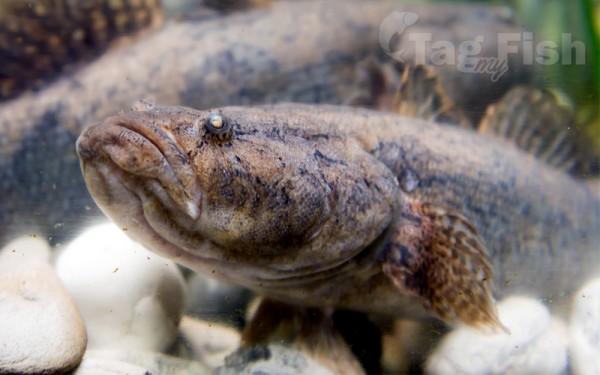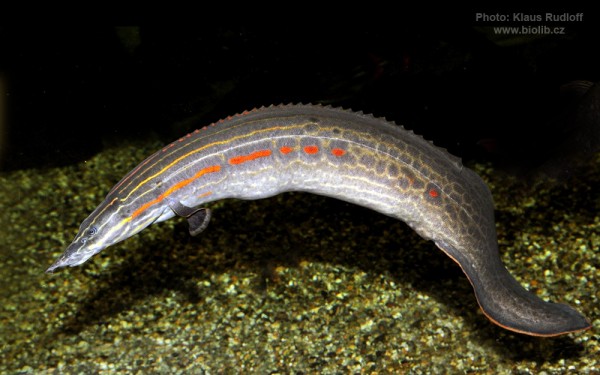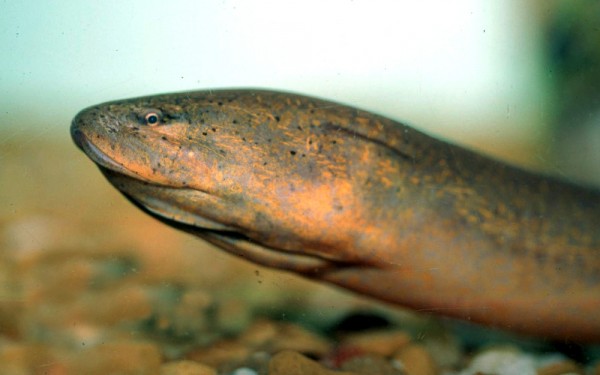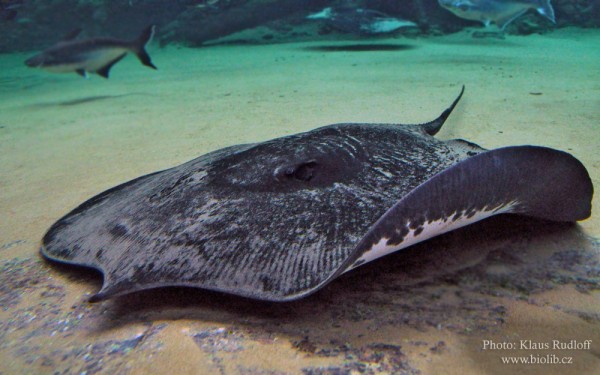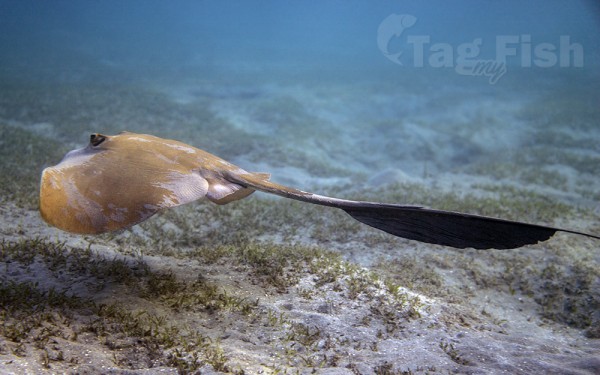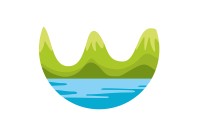Chao Phraya
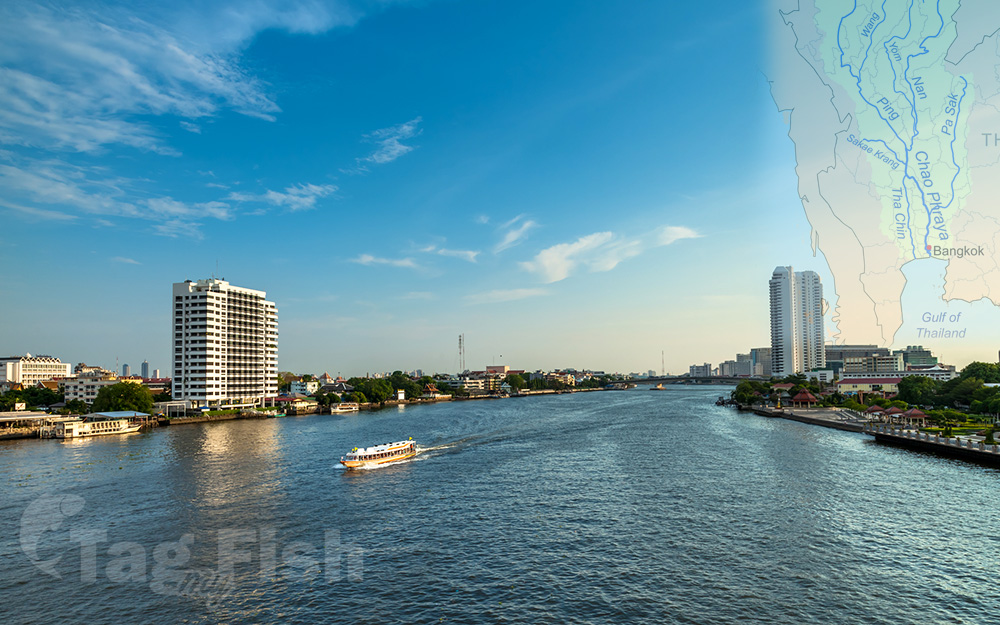
Perciformes - Perches
Siluriformes - Catfishes
Cypriniformes - Carps
Anabantiformes - Gouramies and snakeheads
Osteoglossiformes - Bony tongues
Anguilliformes - Eels and morays
Acanthuriformes - Surgeonfishes
Beloniformes - Needlefishes
Gobiiformes - Gobies
Synbranchiformes - Swamp eels
Myliobatiformes - Stingrays
Perciformes - Perches
Siluriformes - Catfishes
Cypriniformes - Carps
Anabantiformes - Gouramies and snakeheads
Osteoglossiformes - Bony tongues
Anguilliformes - Eels and morays
Acanthuriformes - Surgeonfishes
Beloniformes - Needlefishes
Gobiiformes - Gobies
Synbranchiformes - Swamp eels
Myliobatiformes - Stingrays
Perciformes - Perches
Siluriformes - Catfishes
Cypriniformes - Carps
Anabantiformes - Gouramies and snakeheads
Osteoglossiformes - Bony tongues
Anguilliformes - Eels and morays
Acanthuriformes - Surgeonfishes
Beloniformes - Needlefishes
Gobiiformes - Gobies
Synbranchiformes - Swamp eels
Myliobatiformes - Stingrays
The Chao Phraya is the major river in Thailand, with its low alluvial plain forming the centre of the country. It flows through Bangkok and then into the Gulf of Thailand.
The Chao Phraya begins at the confluence of the Ping and Nan rivers at Nakhon Sawan (also called Pak Nam Pho) in Nakhon Sawan Province. After this it flows south for 372 kilometres (231 mi) from the central plains to Bangkok and the Gulf of Thailand.
In Chai Nat, the river then splits into the main course and the Tha Chin River, which then flows parallel to the main river and exits in the Gulf of Thailand about 35 kilometres (22 mi) west of Bangkok in Samut Sakhon. In the low alluvial plain which begins below the Chainat Dam, there are many small canals that split off from the main river.
